The maqama is a trickster tale genre from the classical Arabic tradition. In the Maqamat of Badi’ al-Zaman al-Hamadhani—from whose ‘Maqama of the Blind’ the verses at the end of this text are taken—the itinerant narrator reports from towns and cities across the Middle East and Central Asia, encountering the mysterious rogue Abu al-Fath in a different guise each time. The challenge of evoking this intertextuality and the stylistic specifics of the maqama (which is traditionally written in rhymed prose, a feature that El-Wardany gently plays with here, and like premodern Arabic writing more generally, is not punctuated) offered the opportunity to experiment with visual presentation and stylistic eclecticism in the English translation.
—Katharine Halls, translator
Having travelled a great distance we stopped for a break, took refuge in a petrol station where we filled up the tank and emptied our bladders and stretched our stiff muscles until, refreshed, we got back in the car, determined to cover what distance remained My wife took the wheel, it being her turn, and before she started the engine she said, Let us roll a spliff, which we did, but then as she turned the key to start the ignition a man appeared, I don’t know where from, bald and clean-shaven and wearing a jacket, and flagged us down, Are you going to Berlin? and we were, we said, so begging our kindness he asked for a lift I looked at my wife and my wife looked at me, and then, decided, we looked back, Jump in—as long as you’re not a highwayman, God forbid, so he fetched two huge bags from the verge, loaded up, and sat down beside them and then we set off.
The air in the car took a turn for the cagey, for here we were all of a sudden with a stranger We didn’t know who he was or where he was going, he just sat in the back seat not saying a word, and but for the eyes of the oncoming cars which flashed past like ghosts, it was silent and dark Then when I glanced across at my wife, I saw she was lighting the spliff we’d just rolled, and it surprised me to see she’d decided to impose this habit of ours on the car as a whole, but no sooner had we taken a puff or two than our bald companion leant forward and plucked it from our hands, saying Man! What a friend for the road. READ MORE…


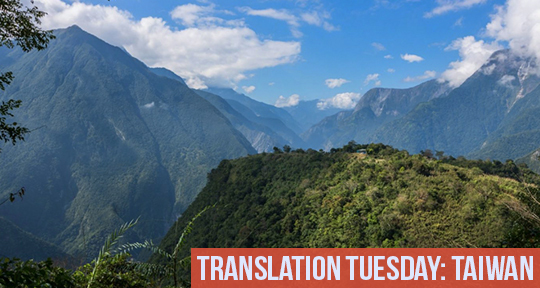
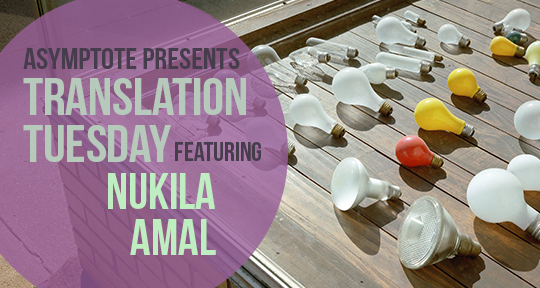
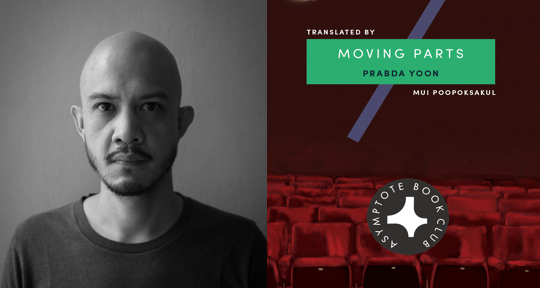



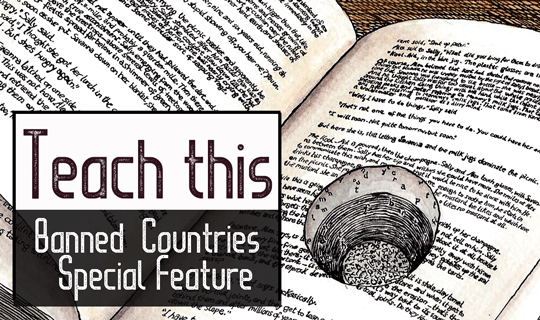

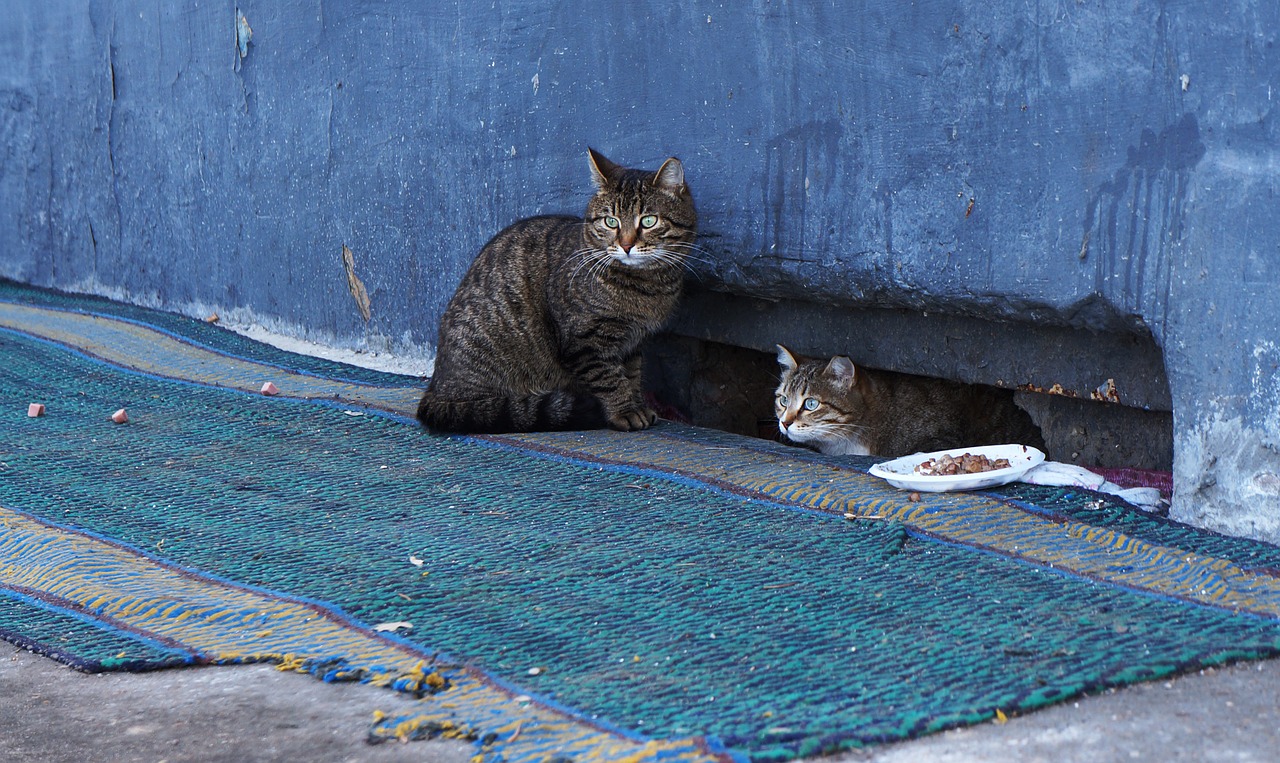
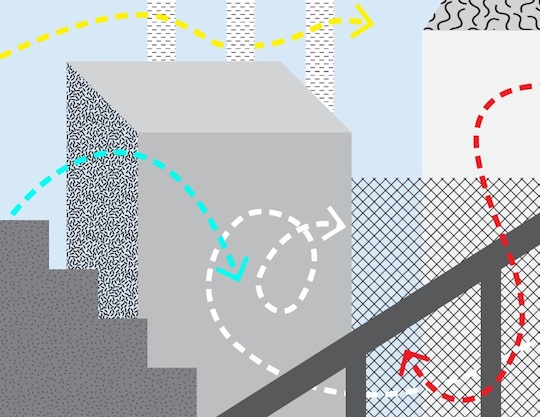
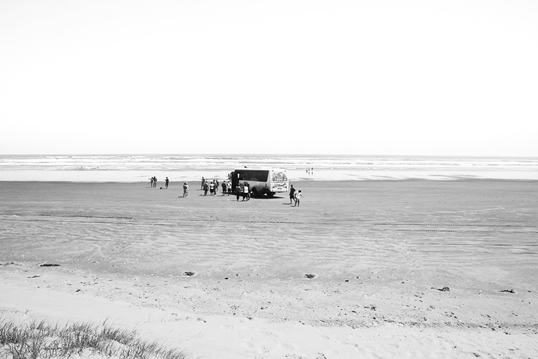
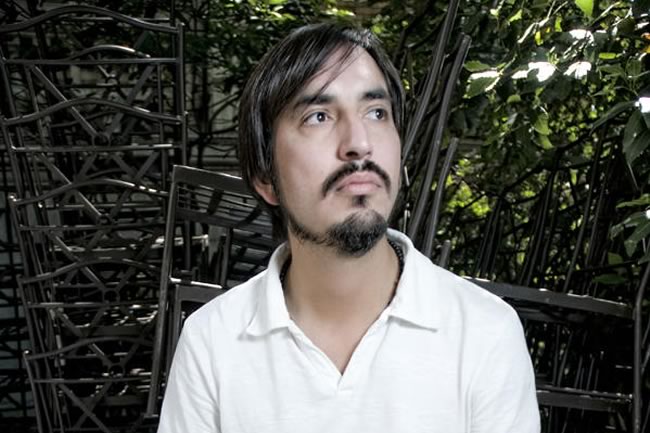
Translation Tuesday: “The Results” by Bernard Comment
"Jealousy is always a weakness, an uncertainty, a lack of confidence, every other person is a competitor, a threat."
On a check-up at a health clinic, a father and husband’s interactions with doctors are punctuated by reminiscences of love and lust for his wife. Gradually, we learn of a chilling act of violence, which leads the protagonist to a twisted reckoning with his mental and physical condition.
It’s cold. A cold that bores into you, that hasn’t let up for days, despite the big woollen jumper I never take off, even at night. Carlo tells me I should take it off for sleeping, and wrap myself up well in the blankets, so that when I get up I would add a garment to make up for the change in temperature, but one evening I tried this and my teeth chattered all night. The other men I see at lunchtime don’t seem to suffer, there’s even a guy who always walks around in a T-shirt, but admittedly he’s a burly fellow, well-padded against the cold.
The doctor made me go back to him this morning, after fasting, he wanted to do further tests, two whole syringes filled with blood, I asked to lie down because I’m always afraid of turning to look, and it’s much worse if you get to see it. The nurse smiled, although I couldn’t tell if it was from pity, sympathy, or scorn. She had difficulty finding the veins, it’s always the same, I begin to tense up, to sweat at the temples, I become dizzy and pale; when I was a teenager I passed out each time, and once I fell backwards and hit my head on a sink, was sent straight to hospital for a battery of tests, a lumbar puncture, and an idiot teacher spread it around that I’d taken an overdose, me who’s never touched the tiniest amount of an illegal substance, for fear of my reaction, and my scrupulous respect for the law.
When I had the first tests, eight months ago, the lady in the laboratory was very considerate, settling me into an armchair and telling me to look away, and to think of something pleasant; so I thought about the film I’d watched the night before, with Julie, her warm body, her breasts in my hands, her smell after making love. Then it was finished, and already I had a piece of cotton wool and then a sticking-plaster on top, whereas here everything is rougher, more brutal. I’ve been waiting for twenty minutes, standing in front of the grey door. They came to get me around six o’clock. Immediate appointment. Everything moved fast, then the iron door in the corridor clanged shut behind me, with a heavy ringing sound, and since then, nothing. The doctor must be on the telephone, I hear his voice at times, a powerful, raucous voice, but I don’t understand what he’s saying, the rooms are well insulated. I’d love to smoke a cigarette, it’s what I’ve been brooding about for a full five minutes, it’d do me good, would relax me, smoking a cigarette.
READ MORE…
Contributors:- Bernard Comment
, - Carolyne Lee
; Language: - French
; Place: - Switzerland
; Writer: - Bernard Comment
; Tags: - clinic
, - condition
, - family
, - french
, - health
, - hospital
, - love
, - lust
, - marriage
, - Short Story
, - Swiss